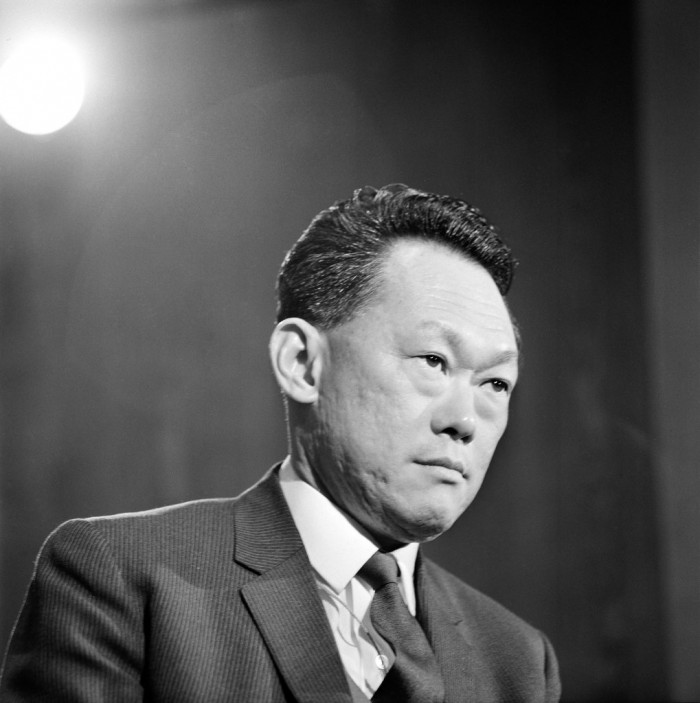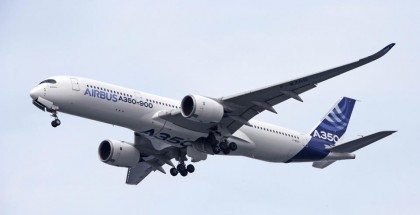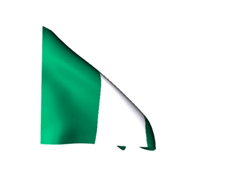Lee Kuan Yew, Founding Father and First Premier of Singapore, Dies at 91
konknaijaboy | On 23, Mar 2015
SINGAPORE — Lee Kuan Yew, the founding father and first prime minister of Singapore who transformed that tiny island outpost into one of the wealthiest and least corrupt countries in Asia, died on Monday morning. He was 91.
“The prime minister is deeply grieved to announce the passing of Mr. Lee Kuan Yew, the founding prime minister of Singapore,” a statement posted on the prime minister’s official website said. “Mr. Lee passed away peacefully at the Singapore General Hospital today at 3:18 am.”
Mr. Lee was prime minister from 1959, when Singapore gained full self-government from the British, until 1990, when he stepped down. Late into his life he remained the dominant personality and driving force in what he called a First World oasis in a Third World region.
The nation, reflected the man: efficient, unsentimental, incorrupt, inventive, forward-looking and pragmatic.
“We are ideology-free,” Mr. Lee said in an interview with The New York Times in 2007, stating what had become, in effect, Singapore’s ideology. “Does it work? If it works, let’s try it. If it’s fine, let’s continue it. If it doesn’t work, toss it out, try another one.”
His leadership was sometimes criticized for suppressing freedom, but the formula succeeded. Singapore became an international business and financial center admired for its efficiency and low level of corruption.
An election in 2011 marked the end of the Lee Kuan Yew era, with a voter revolt against the ruling People’s Action Party. Mr. Lee resigned from the specially created post of minister mentor and stepped into the background as the nation began exploring the possibilities of a more engaged and less autocratic government.
Since Singapore separated from Malaysia in 1965 — an event Mr. Lee called his “moment of anguish” — he had seen himself in a never-ending struggle to overcome the nation’s lack of natural resources, a potentially hostile international environment and a volatile ethnic mix of Chinese, Malays and Indians.
“To understand Singapore and why it is what it is, you’ve got to start off with the fact that it’s not supposed to exist and cannot exist,” he said in the 2007 interview. “To begin with, we don’t have the ingredients of a nation, the elementary factors: a homogeneous population, common language, common culture and common destiny. So, history is a long time. I’ve done my bit.”
His “Singapore model,” sometimes criticized as soft authoritarianism, included centralized power, clean government and economic liberalism along with suppression of political opposition and strict limits on free speech and public assembly, which created a climate of caution and self-censorship. The model has been admired and studied by leaders in Asia, including in China, and beyond as well as being the subject of countless academic case studies.
Continue to full story HERE













